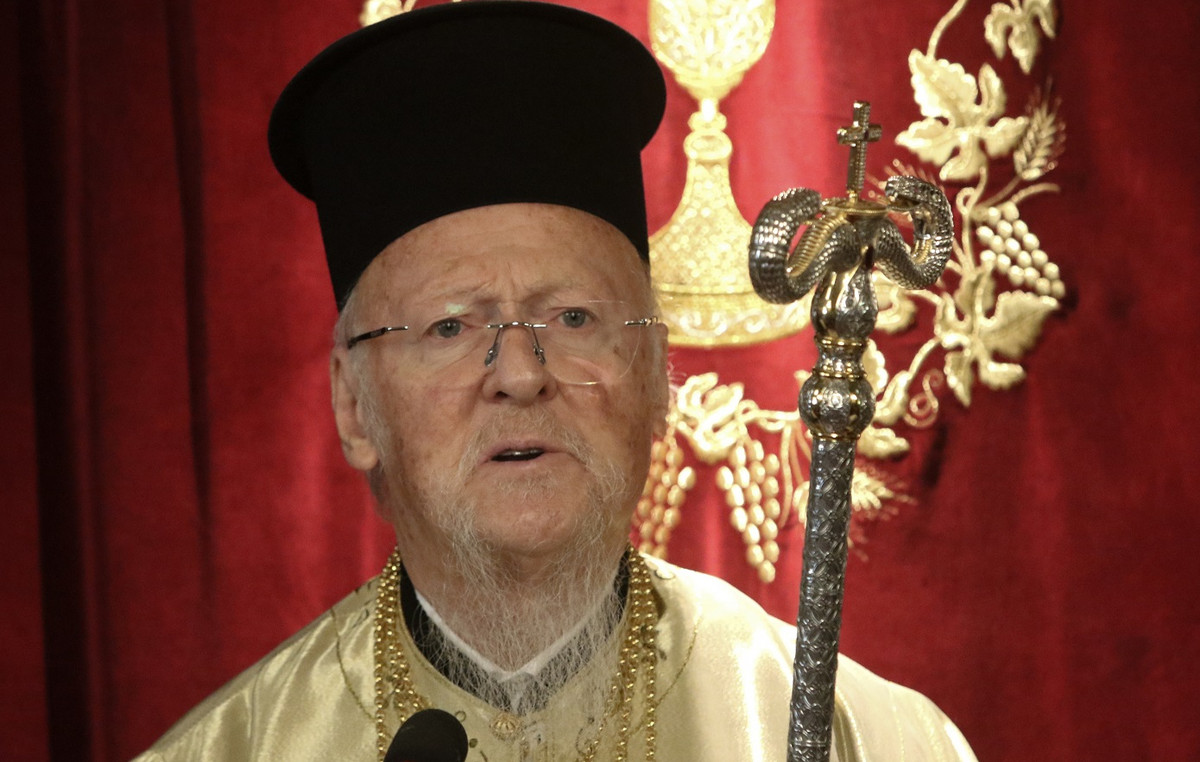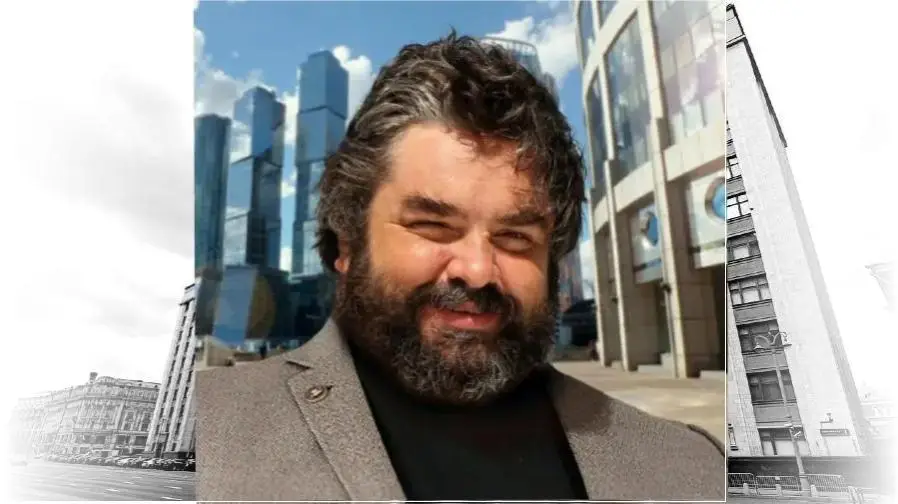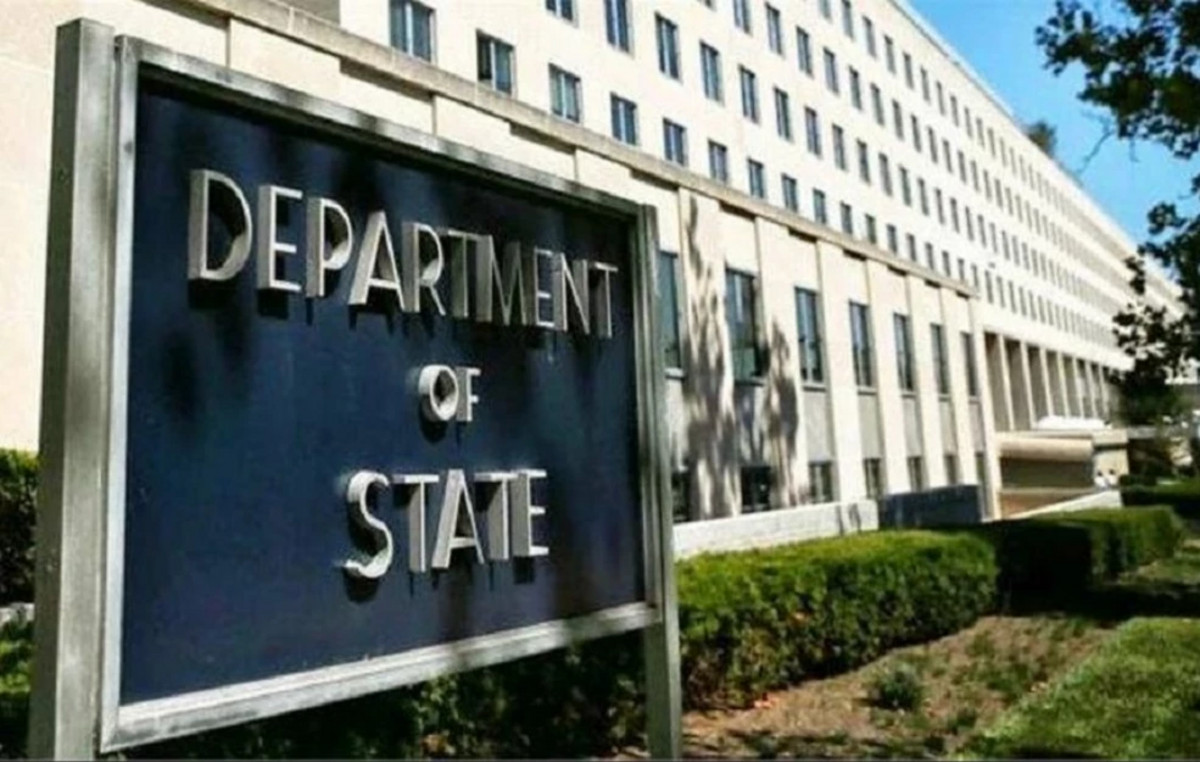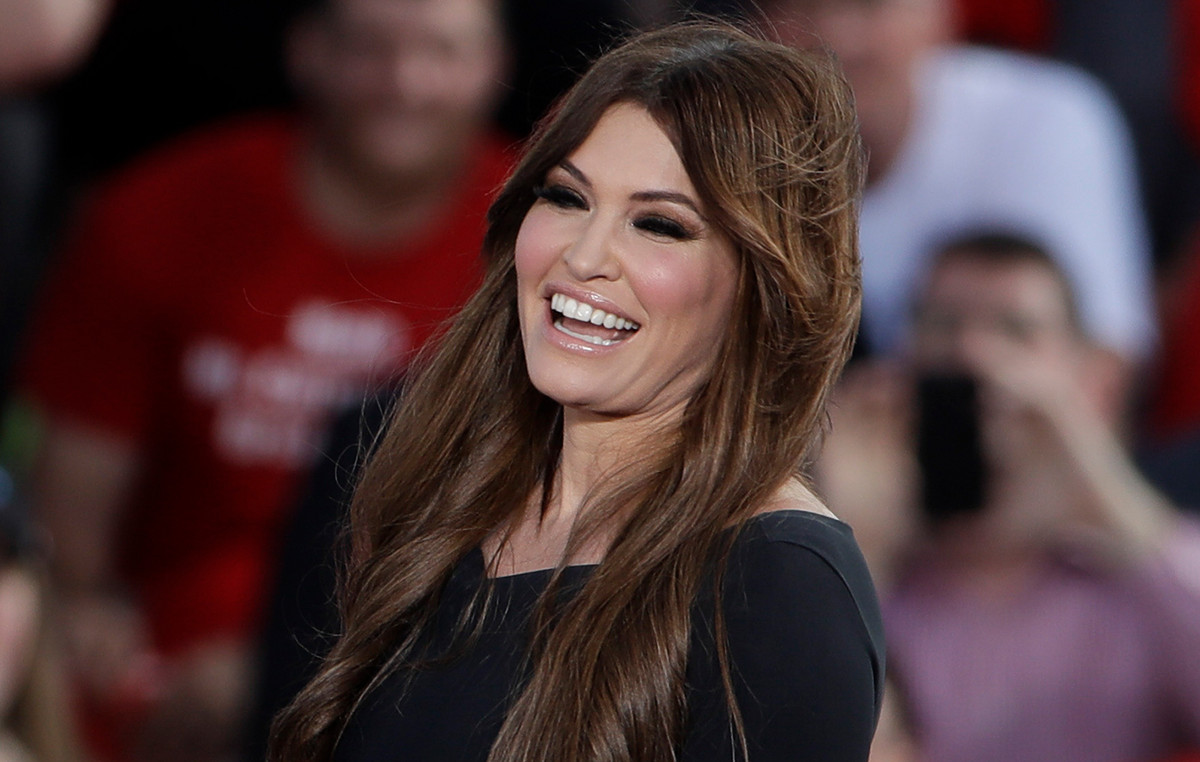«I tried to ask myself if there was a way, a language, to tell the things I saw, the war, to children and young people who, perhaps never before, have been inundated with stimuli and atrocities in recent years which have a different pervasiveness compared to how previous generations experienced it simply due to access to social media”. With this spirit Francesca Mannocchi worked on the podcast For example, wara title that comes from the poem Promemoria by Gianni Rodari, to explain the war to the new generations, a podcast produced by Chora Media in collaboration with Giffoni Innovation Hub from 12 February 2024 on the main audio platforms.
The war correspondent is back in school, physically. Each episode tells of a conflict among the many open in the world and is created by a comparison with a class in different schools. There are six episodes (Libya, Iraq, Afghanistan, Syria, Lebanon and Ukraine), the seventh dedicated to the situation in the Gaza Strip will arrive at the end of February, to tell the story of many countries currently at war through the voices and reflections of middle and elementary school children. The idea for the entire project was born from a question from Francesca Mannocchi's son: “But when does the war come to us?” and is linked to the book The Look Beyond the Border. From Ukraine to Afghanistan, today's conflicts told to young people published by the same author with De Agostini, in 2022. «I asked myself if there was a way to make my work of all these years useful and I tried to tell them the stories of peers who experience hunger in the Horn of Africa, war in the Ukrainian cold, a very long war and occupation in the Palestinian territories and so on».
The images and news that young people and children have now are very true, very real: is this a world of war that has come closer to us?
«On the one hand it is a world that has become closer, in the sense that it is exactly like for adults: these boys and girls have the impression of always being able to be anywhere. At the same time, all these wars, but also the climate crises, the migratory phenomena we are experiencing are somehow intertwined with each other and intertwined with our destiny, armed conflicts speak to us, but they also speak to us of economic inequalities and speak to us of the responsibility we have with respect to the evolution of this climate crisis which is a topic that is rightly exciting and bringing new generations back to the streets. Perhaps compared to when we were kids, this need to connect the dots and put things in line is more urgent. In the great wave of images, numbers, data, in the accessibility that exists in all this, I told myself that bringing these young people, male and female students, closer to the minimal stories that go through conflicts, that go through crises can bring them closer to daily life. This means telling them how a twelve-year-old lives in a refugee camp, how an 8-year-old boy who has only known war lives. It's not that I'm trying to bring about a historical understanding of events, but rather an identification with the lives of others.”
Is there greater commitment in kids of this generation? Greater participation?
«These young people are very prepared. The generation that took to the streets on Fridays for Future not only told us adults that we are all involved and we are all responsible. He also told us: “You have to study more.” Most of the boys and girls who took to the streets are part of a generation that is informed and that is also reminding us that there are things kept on the margins of the political agenda and that they are asking us to bring back to the center. The climate is much more in their future than in ours. They feel a responsibility that perhaps we partially feel less and above all they don't feel represented.”
What struck you the most?
«The thing that strikes me is the precision of the questions that are asked both by young boys and girls, aged 7 to 10, and by pre-adolescents. They are not afraid to express their confusion regarding the great events that have passed through them, let's just think of the fact that a 12 year old boy or girl has the pandemic behind them, the war on their doorstep and a new ongoing conflict. They are extraordinary events in the life of a child.”
Ukraine is the first episode.
«The order was random. Something happened in that meeting that marked me and will mark me. There were two Ukrainian girls in class in this fifth grade who were moved by my stories. The other classmates, we are talking about 10-year-old children, physically gathered around these two little girls, taking their hands, caressing their faces, entering into their pain in an emotional participation that was made up of understanding the stories, but also of physical proximity which is something they were denied during Covid. None of them, not even the teachers, had told me before that there were these little girls. This moment of great intensity showed me how these children already have all the tools to be able to support the pain of others. I believe that this is a seed that they have naturally and which then for a thousand reasons is dispersed and on which we should try to fertilize a little the solidarity of the future.”
As other countries have said.
«I told them based on the idea of the book which then feeds into this podcast. This is a book whose idea was born even before the Russian invasion of Ukraine began. For a long time I had within me the need to bring distant places closer to boys and girls precisely to ensure that when we find ourselves, they find themselves, faced with news that seems sudden, they realize that nothing is sudden , that everything has a cause, everything must be historicized. And that the reasons for the present must be sought in mechanisms that unfortunately often repeat themselves because we have gone through them badly, understood little, elaborated even less. The idea of taking children, through stories, to places that for a thousand reasons are not visited at school, but which are part of the evening news that they watch with the family, could have been an opportunity for these children to ask themselves a very simple thing, that is, how a peer of mine lives in Iraq, how a peer of mine lives in Kabul who cannot go to school and above all that they can answer the question why this little girl doesn't go to school and even more so how much responsibility do we have for why this little girl doesn't go to school.”
How impressed were you by the kids' responses?
«A dialogue was created, questions were created that sometimes left me unprepared. What I tried to tell the children is that words are our tools, they are in our toolbox to understand the world and if this is true for adults, even more so, we should never use words lightly with children , because in some way something is sculpted inside their head and inside their heart. There were moments when their questions put me in front of the mirror of a great responsibility because children's questions require more responsible answers because children love the truth. The truth has degrees of management that must be addressed differently between a child, an adolescent, a pre-adolescent and an adult, but they don't want simple explanations. Perhaps we have this great misunderstanding at the basis of our relationship with childhood. Children don't want simple explanations, they want explanations that they can understand and so perhaps the commitment that we adults must make is to train ourselves to find a language that is understandable to them.”
Is it the comparison with the kids that makes the difference from the book to the podcast?
«Writing the book and then translating this writing in face-to-face meetings with elementary and middle school classes had to make me rethink the way I told things all over again, simplifying what I was saying without making it simplistic was an exercise that required me a lot of work on words and I think all of us adults should do it a little more often to explain the big things, but also the small things. On the episodes concerning Afghanistan and Iraq there was the idea of accompanying them on a journey of recent history over the last 20-30 years which is sometimes triple or quadruple their lives. I believe it helps them because describing Afghanistan only as a country in which the Taliban forbid girls from going to school does not do justice to history and therefore obviously helping them to retrace the stages that led to today's situation, I believe it helps them a lot” .
For example, the war is available starting from February 12th on all the main free platforms (Spotify, Apple Podcasts, Spreaker and Google Podcasts) and will be presented at Chora Volume 1, the first Chora Media festival dedicated to the world of podcasts which holds in Milan from 16 to 18 February at the Sala Puccini of the Giuseppe Verdi Conservatory of Milan, with a special event on Saturday 17 February at 11.30 am which will see on stage the author Francesca Mannocchi, Sabrina Tinelli, Head of Content of Chora Media, and Francesco Zafferano, Head of Content at Will Media.
Source: Vanity Fair
I’m Susan Karen, a professional writer and editor at World Stock Market. I specialize in Entertainment news, writing stories that keep readers informed on all the latest developments in the industry. With over five years of experience in creating engaging content and copywriting for various media outlets, I have grown to become an invaluable asset to any team.







